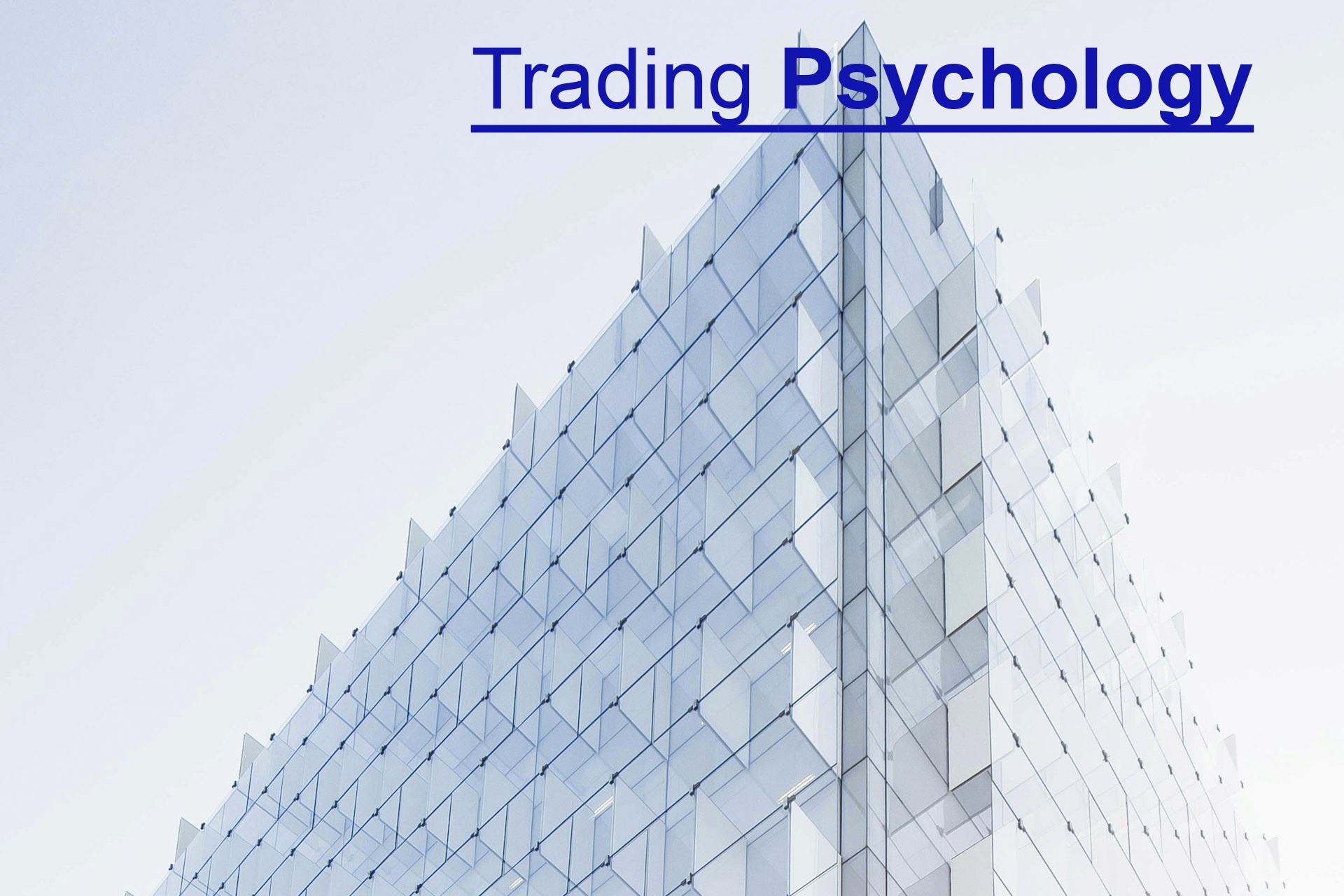Trading Psychology 101: Building Mental Resilience in the Volatile World of Forex

Trading Psychology 101: Building Mental Resilience in the Volatile World of Forex
Forex trading, the global marketplace for exchanging national currencies, stands as one of the most dynamic financial markets worldwide. Unlike traditional stock exchanges, Forex operates 24 hours a day, five days a week, offering endless opportunities for traders to engage with diverse currency pairs.
This continuous nature demands traders to be on their toes, adapting to constant fluctuations influenced by geopolitical events, economic indicators, and market sentiment.
However, the allure of potential profits in Forex is counterbalanced by its psychological demands. Traders often face an emotional rollercoaster due to market volatility. The pressure of making split-second decisions with significant financial implications can lead to stress, anxiety, and emotional fatigue. The ability to manage these psychological challenges becomes as crucial as developing technical trading skills.
This continuous nature demands traders to be on their toes, adapting to constant fluctuations influenced by geopolitical events, economic indicators, and market sentiment.
However, the allure of potential profits in Forex is counterbalanced by its psychological demands. Traders often face an emotional rollercoaster due to market volatility. The pressure of making split-second decisions with significant financial implications can lead to stress, anxiety, and emotional fatigue. The ability to manage these psychological challenges becomes as crucial as developing technical trading skills.

Trading Psychology 101: Building Mental Resilience in the Volatile World of Forex
The Importance of Mental Resilience in Trading
Mental resilience refers to the ability to adapt and recover from stress or adversity. In the context of Forex trading, it is the trader’s capacity to maintain composure and make rational decisions amid market chaos. This resilience is not merely about surviving losses but thriving through them by learning and adapting strategies.A resilient trader can handle drawdowns without spiraling into panic or irrational actions.
This stability impacts decision-making significantly; level-headedness allows traders to follow their strategies systematically rather than reacting impulsively to market swings. Over time, mental resilience contributes directly to a trader’s long-term success by ensuring consistency and reducing emotional bias in trading decisions.
Common Psychological Pitfalls in Forex Trading
Forex trading often exposes traders to emotions such as fear, greed, and overconfidence—each capable of derailing even the most well-thought-out strategies.Fear can paralyze traders during volatile periods or after a series of losses, leading them to hesitate or exit trades prematurely.
Greed might drive them to over-leverage positions or hold onto winning trades longer than necessary in hopes of higher gains.
Overconfidence, especially after successful trades, can result in increased risk-taking without adequate analysis.
These emotions often lead traders away from their planned strategies, resulting in losses that could have been avoided with disciplined execution.
Strategies for Building Mental Resilience
To combat these psychological pitfalls and build mental resilience, traders can employ several techniques:- Mindfulness practices help maintain focus and awareness in high-pressure situations.
- Stress management techniques like regular exercise or meditation can reduce anxiety levels.
- Emotional regulation, through journaling or cognitive-behavioral strategies, aids in understanding emotional triggers and responses.
Continuous learning also plays a pivotal role; staying informed about market trends enhances confidence while practicing helps refine decision-making skills under varying conditions.
In summary,
Developing this resilience requires conscious effort through mindfulness practices, stress management techniques, and continuous learning initiatives.
Aspiring traders must recognize that prioritizing psychological well-being alongside honing technical skills sets them on a promising path toward sustained success within this volatile yet rewarding domain of Forex trading. By embracing both aspects harmoniously—strategy execution paired with emotional intelligence—they equip themselves better for long-term profitability amidst ever-changing market dynamics.
Forex trading, Trading psychology, Mental resilience, Financial markets, Risk management









Report
My comments